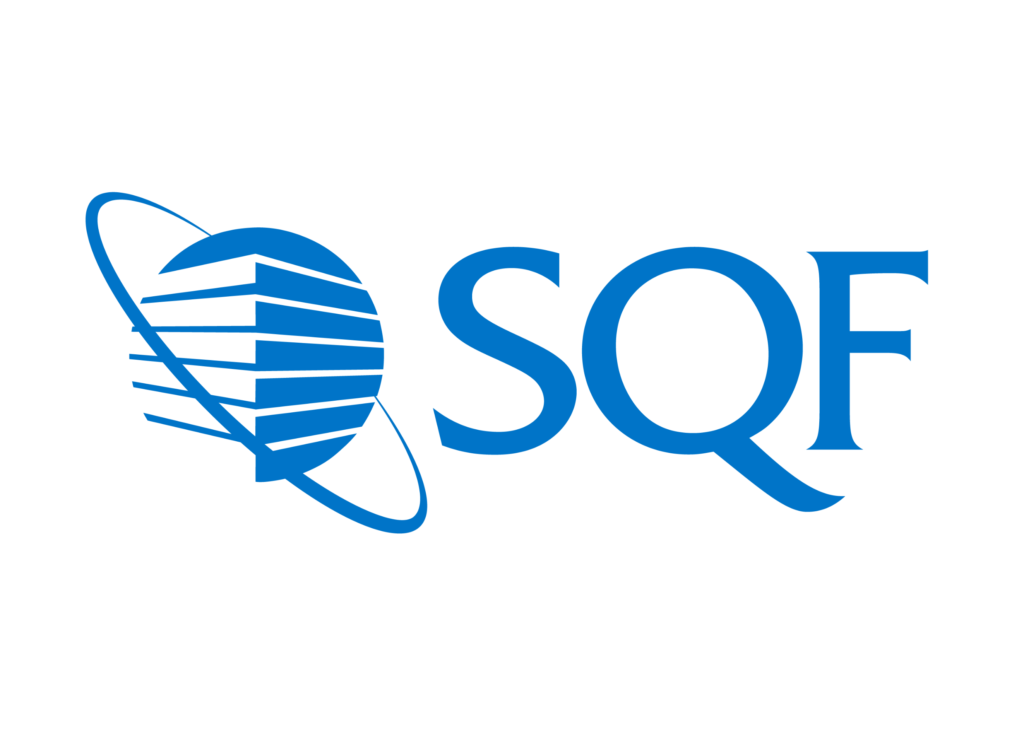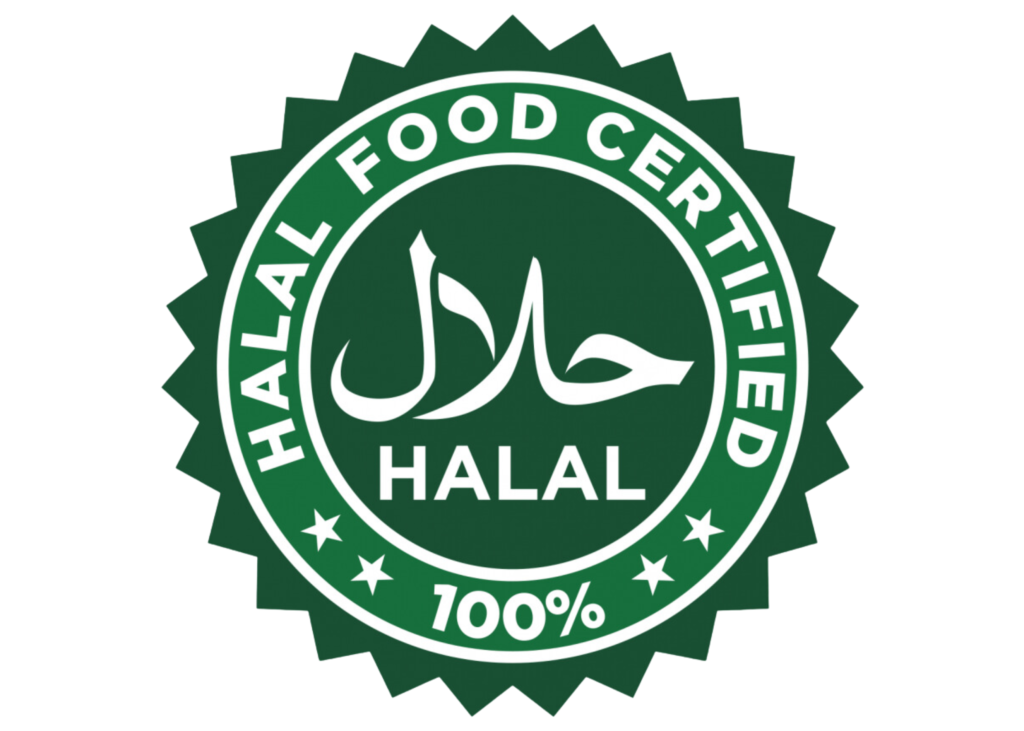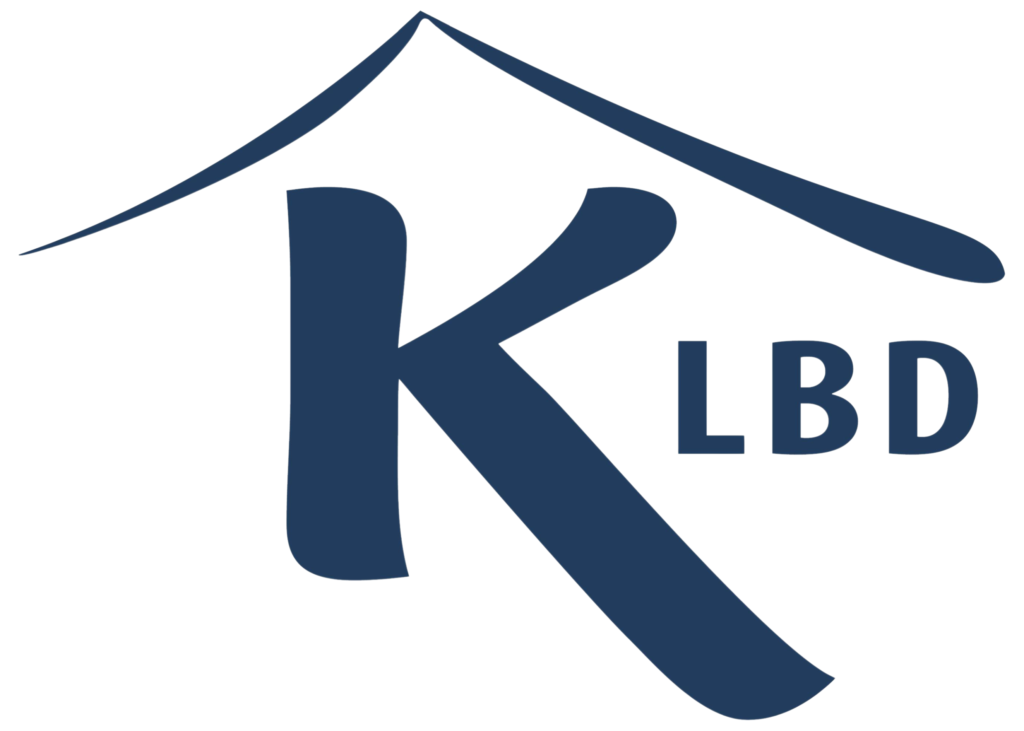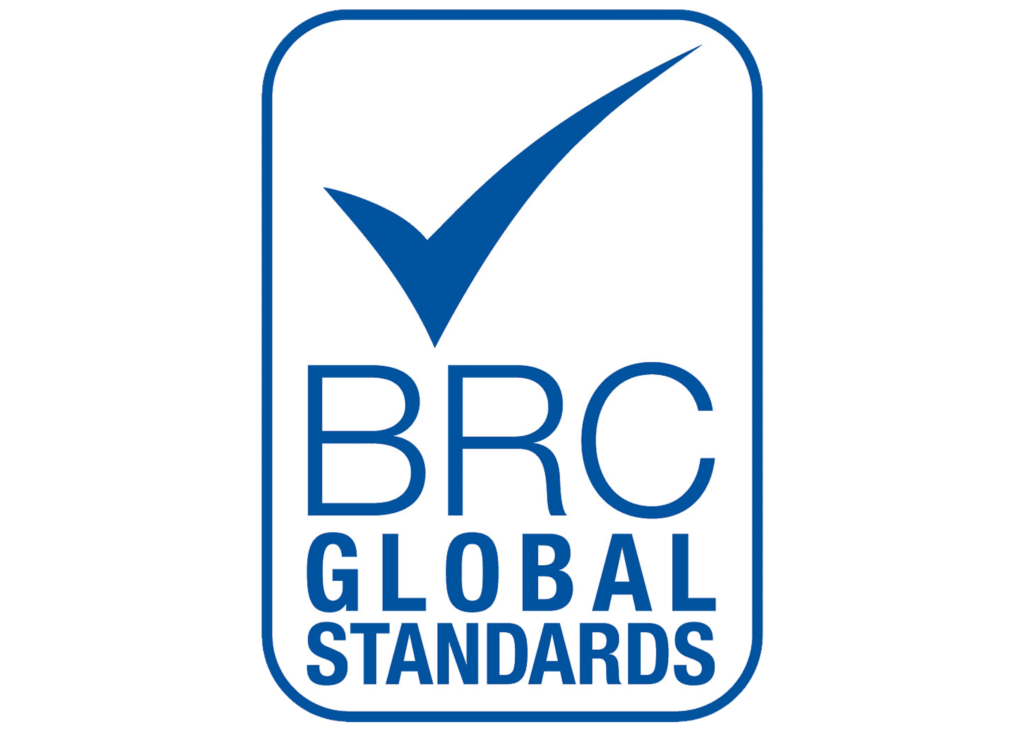PROJECT

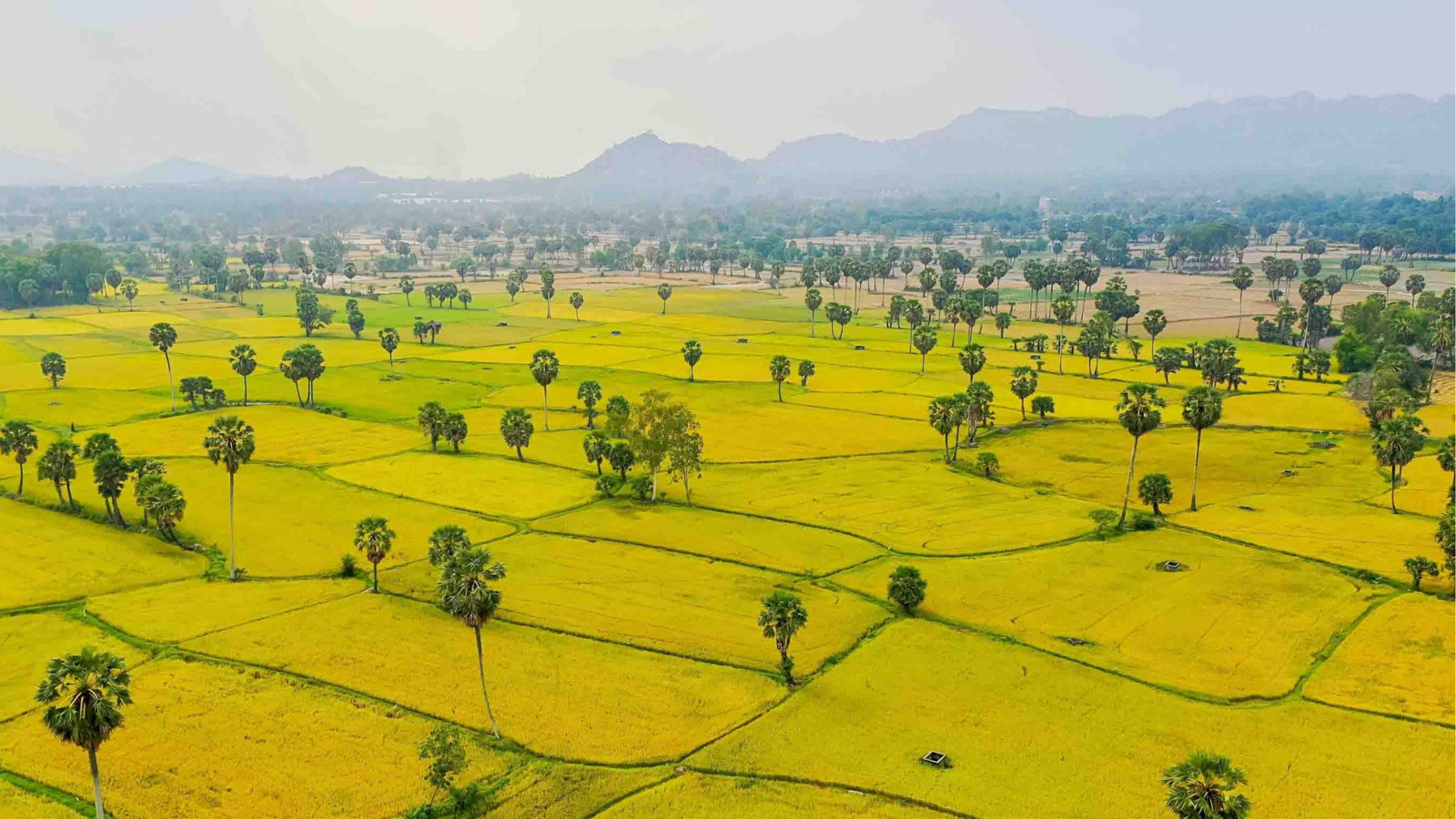
• Reduce the amount of pesticides used and the maximum allowable residues for substances in agricultural products and foods;
• Reduce the amount of antibiotics allowed for use on animals and residues in meat and seafood;
• Strengthen green requirements on design and materials of food packaging;
• Adjust the labeling method and label position, and increase the information that must be provided to consumers about the green characteristics of the product.
• Dibiz software application in production chain management and ESG and CSDDD assessment.
The 7Rs – Rethink, Refuse, Reduce, Reuse, Repair, Recycle, and Rot – offers a comprehensive framework for minimizing environmental impact. It encourages a systematic approach to resource management by rethinking consumption patterns, refusing unnecessary items, reducing waste, reusing products, repairing instead of discarding, recycling materials, and composting organic waste. Implementing the 7Rs not only promotes efficient use of resources but also fosters a circular economy, thereby contributing to long-term environmental sustainability and responsible consumption practices.

